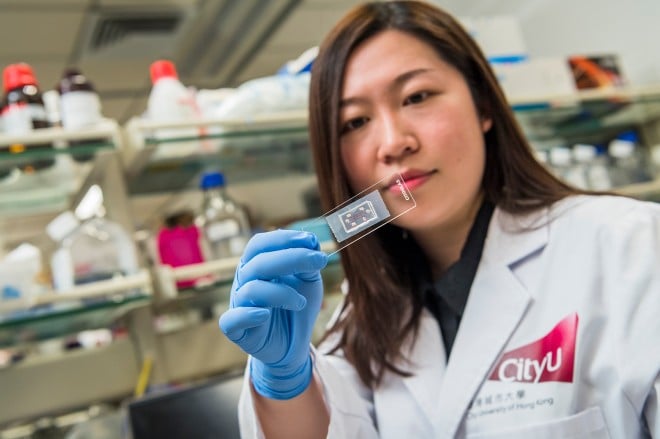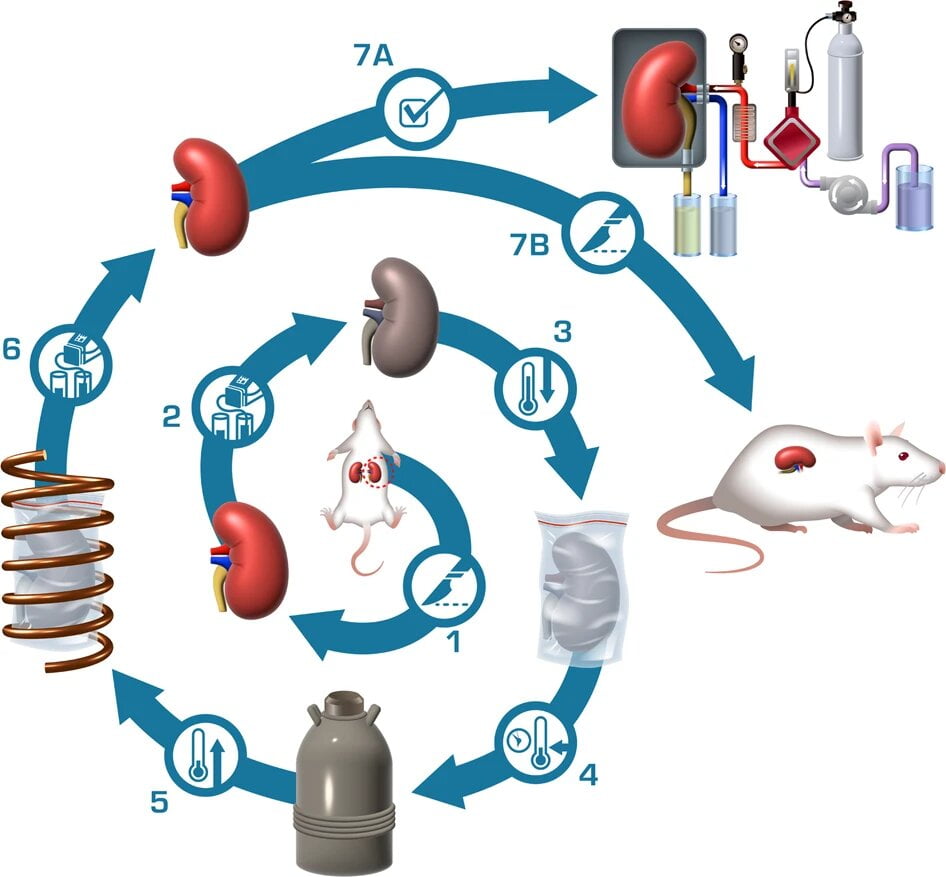[The content of this article has been produced by our advertising partner.]
A research team led by the City University of Hong Kong (CityU) has discovered a new protein, Lysyl hydroxylase 1 (LH1), which is important in promoting cancer cell migration and metastasis in liver cancer (hepatocellular carcinoma, HCC) and pancreatic cancer. (pancreatic ductal adenocarcinoma, PDAC). They also found that high levels of LH1 are associated with poor prognosis (disease progression and long-term survival) in HCC and PDAC patients. The team hopes that the findings of this research will provide a new way to treat cancer.
Cancer metastasis is the leading cause of cancer-related death, and the migration of cancer cells through solid tumors is very common for HCC and PDAC metastasis, but the movement of cells in the tumor microenvironment is not well understood. “We want to study how cancer cells change in a limited environment and identify the genes and proteins involved in this process,” said Professor Michael Yang Mengsu, Vice President (Research and Technology) and Yeung Kin Man Chairman. Biomedical Sciences at CityU, who led a multi-institutional team to conduct the research.
The research team found that LH1 promotes migration, including the speed and invasion of HCC and PDAC cells in confined spaces through the binding and stabilization of Septin2 (SEPT2), a protein that plays an important role in preparing cells to meet mechanical demands. migration, thus promoting the metastasis of HCC and PDAC cells. They also found that high LH1 expression was associated with poor prognosis in HCC and PDAC patients. The findings were published on January 31, 2023 in Molecular Cancer, a leading peer-reviewed journal on cancer research from a molecular perspective.


The research work was carried out mainly by CityU PhD student Eileen Yang Zihan and Dr Zhou Zhihang of the Second Affiliated Hospital of Chongqing Medical University. The interdisciplinary research team includes researchers from the Tung Biomedical Sciences Center of CityU, the Second Affiliated Hospital of Chongqing Medical University, the Precision Medical Technology Center of CityU Futian Research Institute, and Hong Kong Polytechnic University.
“The main challenge in this research is to recreate the shape of the cancer, but the team successfully created several 2D and 3D models in vitro and in vivo to study in detail how cancer cells migrate in small spaces,” said Professor Yang. “These results are expected to provide new targets for cancer diagnosis and drug development.”
[The content of this article has been produced by our advertising partner.]
A research team led by the City University of Hong Kong (CityU) has discovered a new protein, Lysyl hydroxylase 1 (LH1), which is important in promoting cancer cell migration and metastasis in liver cancer (hepatocellular carcinoma, HCC) and pancreatic cancer. (pancreatic ductal adenocarcinoma, PDAC). They also found that high levels of LH1 are associated with poor prognosis (disease progression and long-term survival) in HCC and PDAC patients. The team hopes that the findings of this research will provide a new way to treat cancer.
Cancer metastasis is the leading cause of cancer-related death, and the migration of cancer cells through solid tumors is very common for HCC and PDAC metastasis, but the movement of cells in the tumor microenvironment is not well understood. “We want to study how cancer cells change in a limited environment and identify the genes and proteins involved in this process,” said Professor Michael Yang Mengsu, Vice President (Research and Technology) and Yeung Kin Man Chairman. Biomedical Sciences at CityU, who led a multi-institutional team to conduct the research.
The research team found that LH1 promotes migration, including the speed and invasion of HCC and PDAC cells in confined spaces through the binding and stabilization of Septin2 (SEPT2), a protein that plays an important role in preparing cells to meet mechanical demands. migration, thus promoting the metastasis of HCC and PDAC cells. They also found that elevated LH1 expression was associated with poor prognosis in HCC and PDAC patients. The findings were published on January 31, 2023 in Molecular Cancer, a leading peer-reviewed journal on cancer research from a molecular perspective.


The research work was carried out mainly by CityU PhD student Eileen Yang Zihan and Dr Zhou Zhihang of the Second Affiliated Hospital of Chongqing Medical University. The interdisciplinary research team includes researchers from the Tung Biomedical Sciences Center of CityU, the Second Affiliated Hospital of Chongqing Medical University, the Precision Medical Technology Center of CityU Futian Research Institute, and Hong Kong Polytechnic University.
“The main challenge in this research is to recreate the shape of the cancer, but the team successfully created several 2D and 3D models in vitro and in vivo to study in detail how cancer cells migrate in small spaces,” said Professor Yang. “These results are expected to provide new targets for cancer diagnosis and drug development.”

#Discovery #protein #promotes #cancer #metastasis

